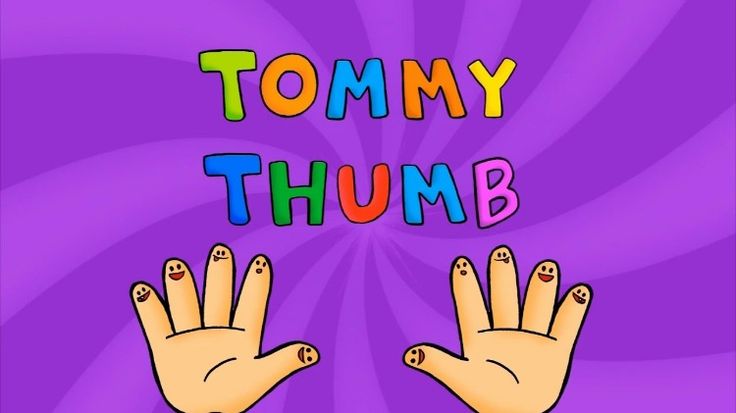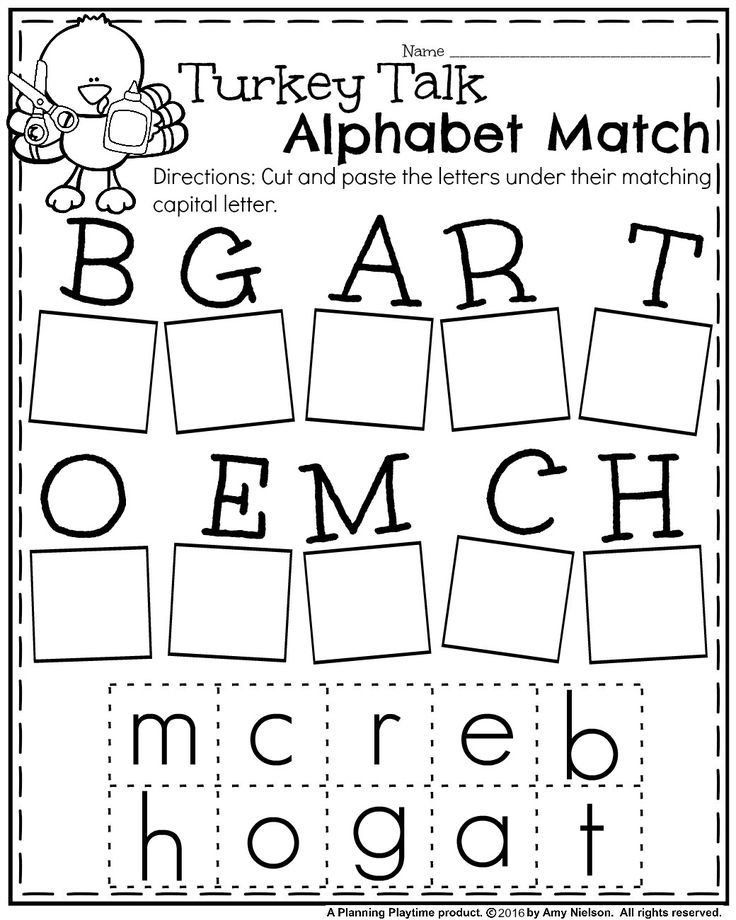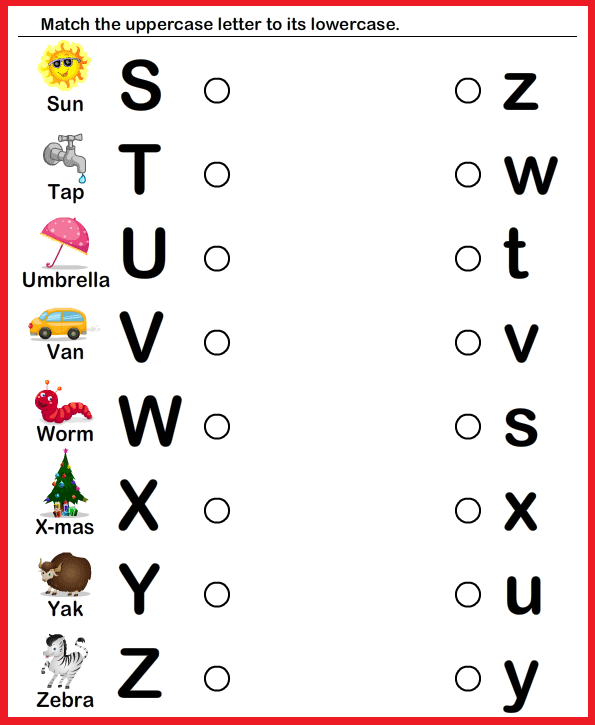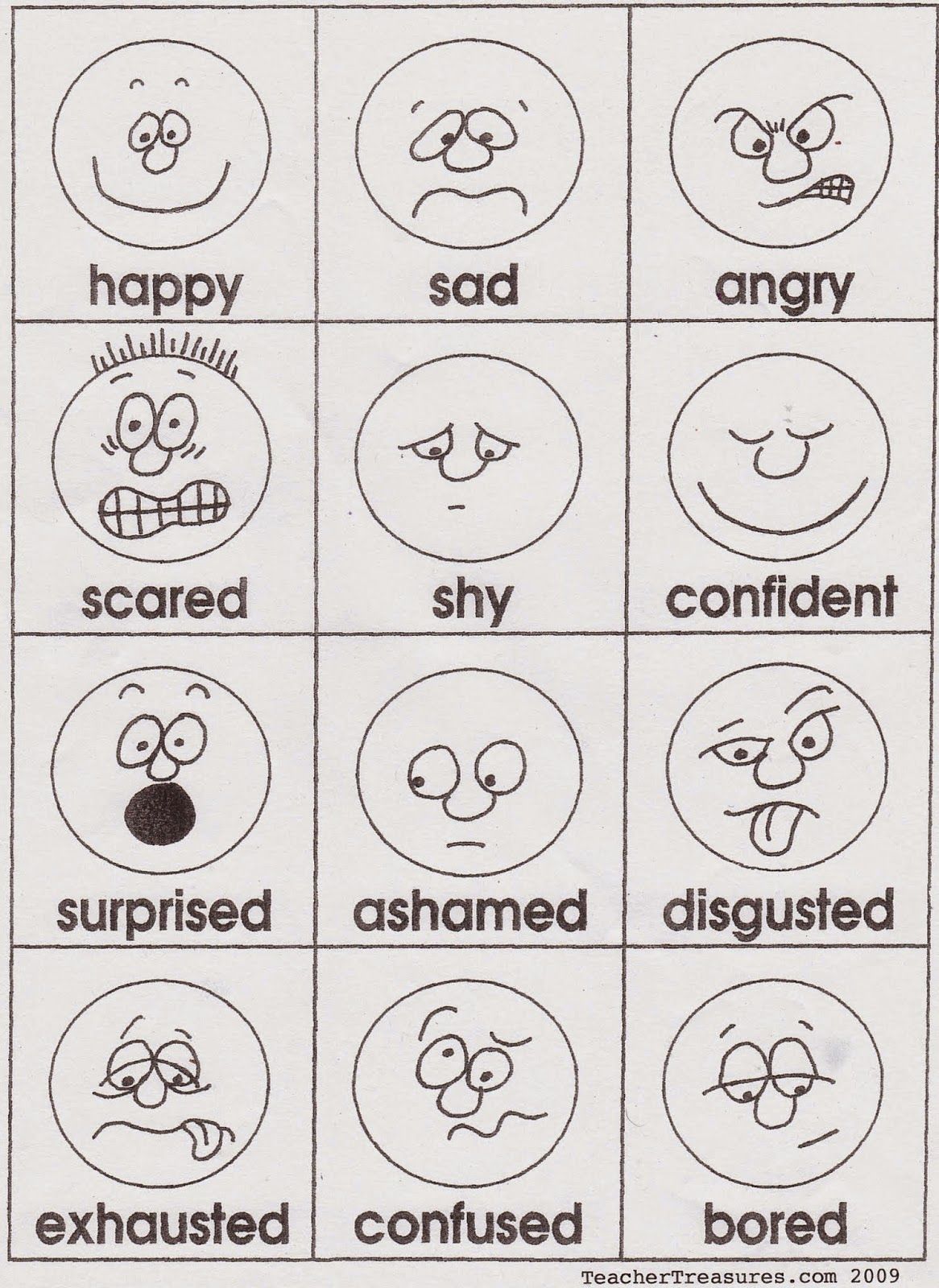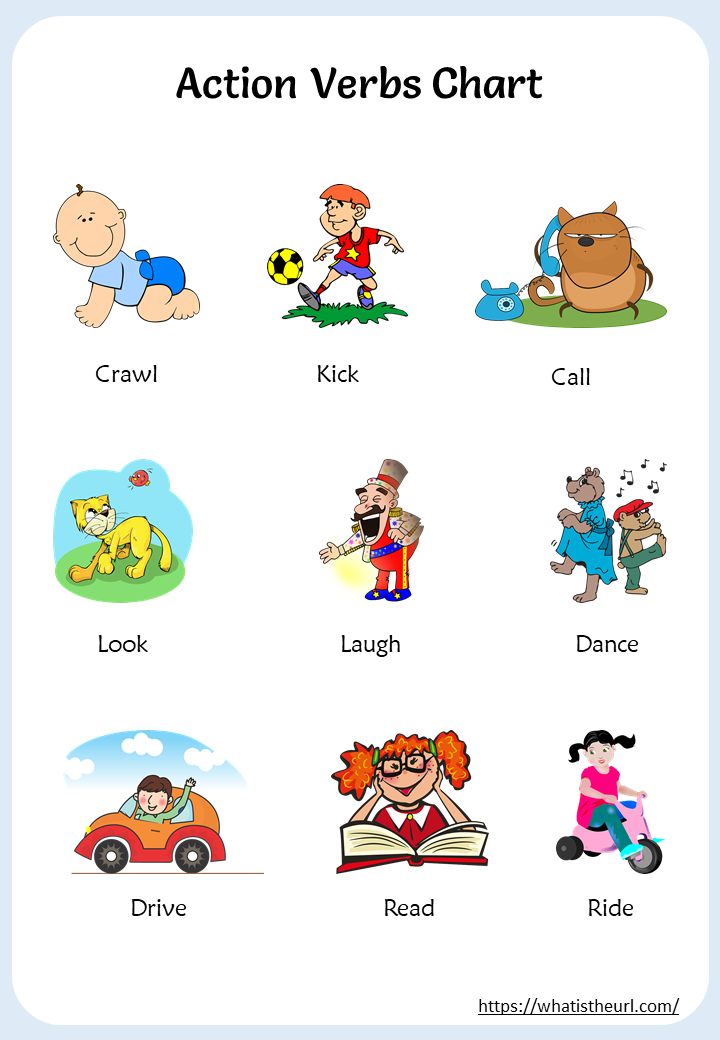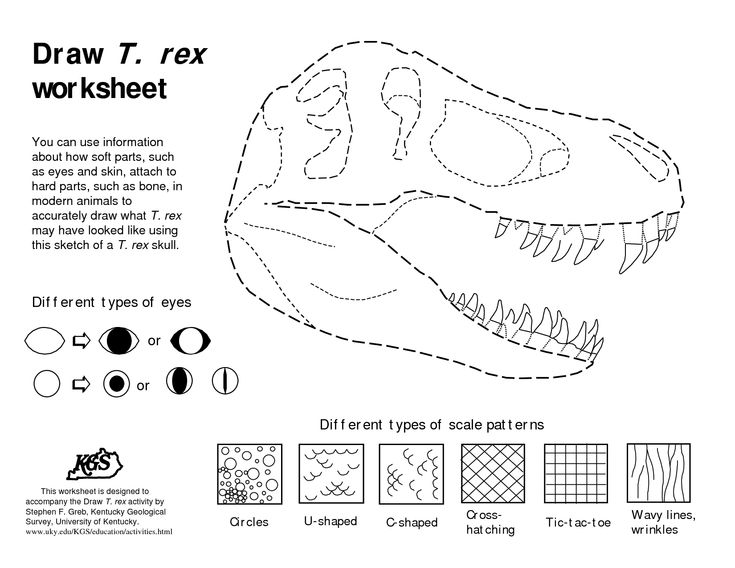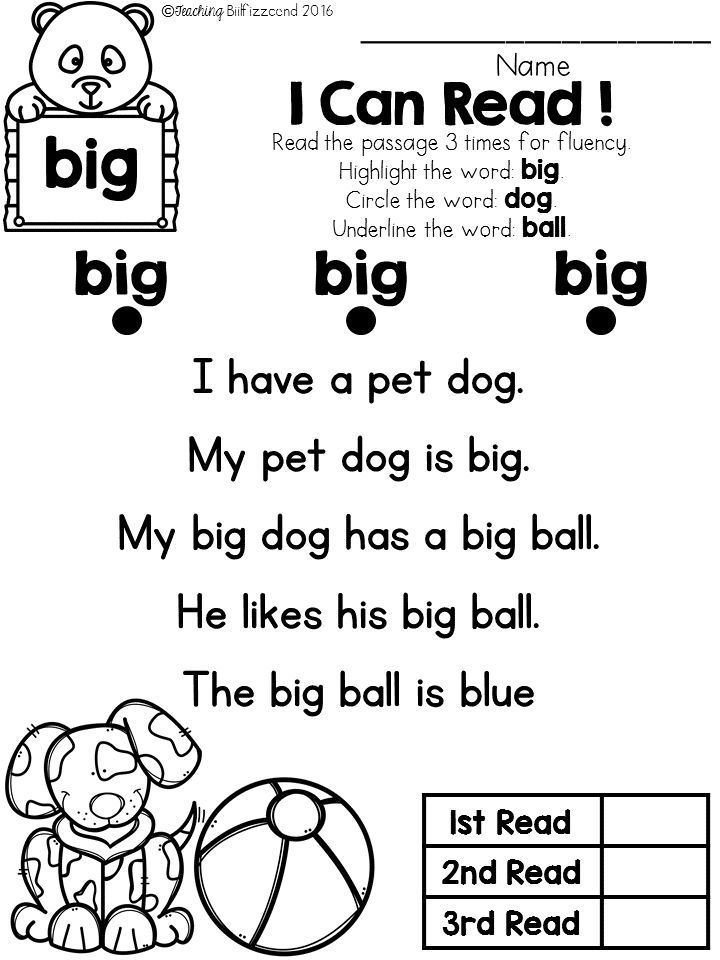Tom thumb rhyme
Tom Thumb - Baby Rhymes
I had a little husband No bigger than my thumb: I put him in a pint-pot, And there I bid him drum.
According to popular tradition, Tom Thumb died at Lincoln, and a little blue flagstone in the pavement of the cathedral used to be pointed out as his monument.
“It was my good fortune,” says Dr. Wagstaffe, “some time ago, to have the library of a schoolboy committed to my charge, where, among other undiscovered valuable authors, I pitched upon Tom Thumb and Tom Hickathrift, authors indeed more proper to adorn the shelves of Bodley or the Vatican, than to be confined to the retirement and obscurity of a private study. I have perused the first of these with an infinite pleasure, and a more than ordinary application, and have made some observations on it, which may not, I hope, prove unacceptable to the public, and however it may have been ridiculed and looked upon as an entertainment only for children and those of younger years, may be found perhaps a performance not unworthy the perusal of the judicious, and the model superior to either of those incomparable poems of Chevy Chase or the Children in the Wood.
The design was undoubtedly to recommend virtue, and to show that however any one may labour under the disadvantages of stature and deformity, or the meanness of parentage, yet if his mind and actions are above the ordinary level, those very disadvantages that seem to depress him add a lustre to his character.”–A Comment upon the History of Tom Thumb, 1711, p. 4.]
In the merry days of good King Arthur, there lived in one of the counties of England a ploughman and his wife. They were poor, but as the husband was a strong workman, and his partner an able assistant in all matters pertaining to the farmhouse, the dairy, and poultry, they managed to make a very good living, and would have been contented and happy, had Nature blessed them with any offspring. But although they had been married several years, no olive branch had yet appeared, and the worthy couple sadly lamented their hard lot.
There lived at this period, at the court of Arthur, a celebrated conjuror and magician, whose name was Merlin, the astonishment of the whole world, for he knew the past, present, and future, and nothing appeared impossible to him.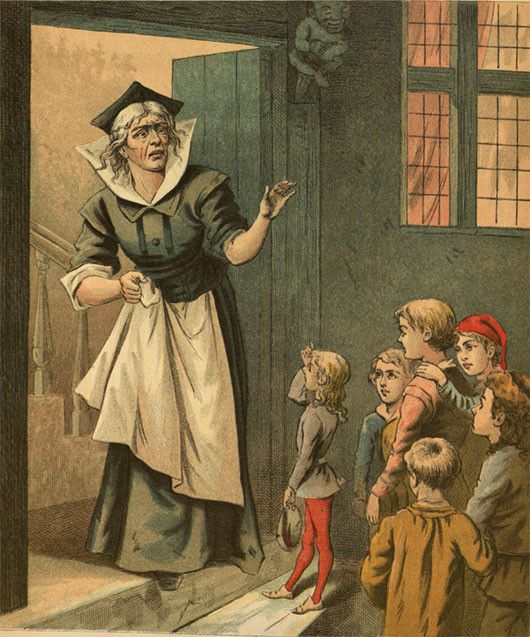 Persons of all classes solicited his assistance and advice, and he was perfectly accessible to the humblest applicant. Aware of this, the ploughman, after a long consultation with his “better half,” determined to consult him, and, for this purpose, travelled to the court, and, with tears in his eyes, beseeched Merlin that he might have a child, “even though it should be no bigger than his thumb.”
Persons of all classes solicited his assistance and advice, and he was perfectly accessible to the humblest applicant. Aware of this, the ploughman, after a long consultation with his “better half,” determined to consult him, and, for this purpose, travelled to the court, and, with tears in his eyes, beseeched Merlin that he might have a child, “even though it should be no bigger than his thumb.”
Now Merlin had a strange knack of taking people exactly at their words, and without waiting for any more explicit declaration of the ploughman’s wishes, at once granted his request. What was the poor countryman’s astonishment to find, when he reached home, that his wife had given birth to a gentleman so diminutive, that it required a strong exercise of the vision to see him. His growth was equally wonderful, for–
In four minutes he grew so fast, That he became as tall As was the ploughman’s thumb in length, And so she did him call.
The christening of this little fellow was a matter of much ceremony, for the fairy queen, attended by all her company of elves, was present at the rite, and he formally received the name of Tom Thumb.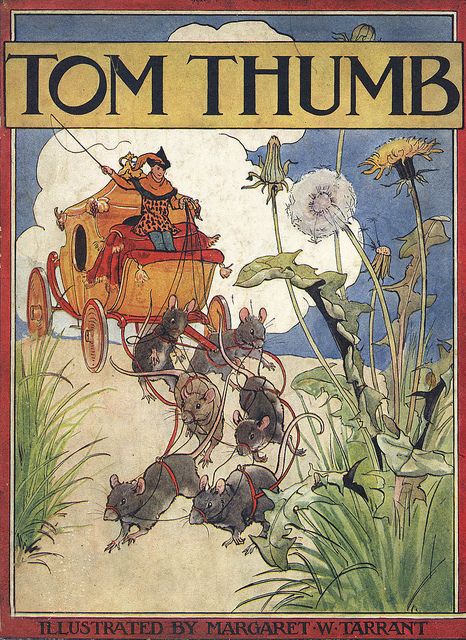 Her majesty and attendants attired him with their choicest weeds, and his costume is worth a brief notice. His hat was made of a beautiful oak leaf; his shirt was composed of a fine spider’s web, and his hose and doublet of thistle-down. His stockings were made with the rind of a delicate green apple, and the garters were two of the finest little hairs one can imagine, plucked from his mother’s eyebrows. Shoes made of the skin of a little mouse, “and tanned most curiously,” completed his fairy-like accoutrement.
Her majesty and attendants attired him with their choicest weeds, and his costume is worth a brief notice. His hat was made of a beautiful oak leaf; his shirt was composed of a fine spider’s web, and his hose and doublet of thistle-down. His stockings were made with the rind of a delicate green apple, and the garters were two of the finest little hairs one can imagine, plucked from his mother’s eyebrows. Shoes made of the skin of a little mouse, “and tanned most curiously,” completed his fairy-like accoutrement.
It may easily be imagined that Tom was an object of astonishment and ridicule amongst the other children of the village, but they soon discovered that, notwithstanding his diminutive size, he was more than a match for them. It was a matter of very little consequence to Tom whether he lost or won, for if he found his stock of counters or cherrystones run low, he soon crept into the pockets of his companions, and replenished his store. It happened, on one occasion, that he was detected, and the aggrieved party punished Tom by shutting him up in a pin-box.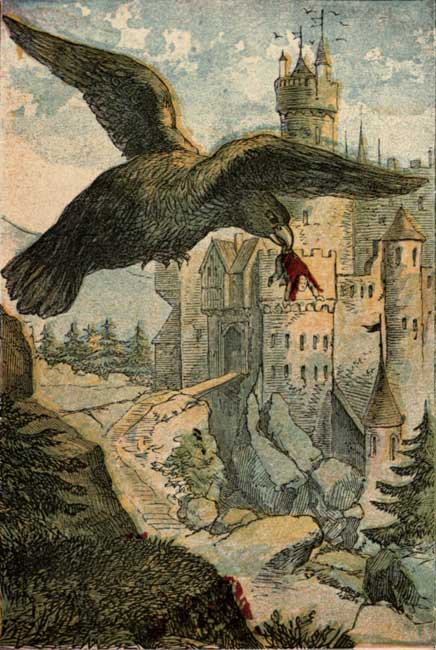 The fairy boy was sadly annoyed at his imprisonment, but the next day he amply revenged himself; for hanging a row of glasses on a sunbeam, his companions thought they would follow his example, and, not possessing Tom’s fairy gifts, broke the glasses, and were severely whipped, whilst the little imp was overjoyed at their misfortune, standing by, and laughing till the tears run down his face.
The fairy boy was sadly annoyed at his imprisonment, but the next day he amply revenged himself; for hanging a row of glasses on a sunbeam, his companions thought they would follow his example, and, not possessing Tom’s fairy gifts, broke the glasses, and were severely whipped, whilst the little imp was overjoyed at their misfortune, standing by, and laughing till the tears run down his face.
The boys were so irritated with the trick that had been played upon them, that Tom’s mother was afraid to trust him any longer in their company. She accordingly kept him at home, and made him assist her in any light work suitable for so small a child. One day, while she was making a batter-pudding, Tom stood on the edge of the bowl, with a lighted candle in his hand, so that she might see it was properly made. Unfortunately, however, when her back was turned, Tom accidentally fell in the bowl, and his mother not missing him, stirred him up in the pudding “instead of minced fat,” and put the pudding in the kettle with Tom in it. The poor woman paid dearly for her mistake, for Tom had no sooner felt the warm water, than he danced about like mad, and the pudding jumped about till she was nearly frightened out of her wits, and was glad to give it to a tinker who happened to be passing that way. He was thankful for a present so acceptable, and anticipated the pleasure of eating a better dinner than he had enjoyed for many a long day. But his joy was of short duration, for as he was getting over a stile, he happened to sneeze very hard, and Tom, who had hitherto remained silent, cried out, “Hollo, Pickens!” which so terrified the tinker, that he threw the pudding into the field, and scampered away as fast as ever he could go. The pudding tumbled to pieces with the fall, and Tom, creeping out, went home to his mother, who had been in great affliction on account of his absence.
The poor woman paid dearly for her mistake, for Tom had no sooner felt the warm water, than he danced about like mad, and the pudding jumped about till she was nearly frightened out of her wits, and was glad to give it to a tinker who happened to be passing that way. He was thankful for a present so acceptable, and anticipated the pleasure of eating a better dinner than he had enjoyed for many a long day. But his joy was of short duration, for as he was getting over a stile, he happened to sneeze very hard, and Tom, who had hitherto remained silent, cried out, “Hollo, Pickens!” which so terrified the tinker, that he threw the pudding into the field, and scampered away as fast as ever he could go. The pudding tumbled to pieces with the fall, and Tom, creeping out, went home to his mother, who had been in great affliction on account of his absence.
A few days after this adventure, Tom accompanied his mother when she went into the fields to milk the cows, and for fear he should be blown away by the wind, she tied him to a thistle with a small piece of thread. While in this position, a cow came by, and swallowed him up:
While in this position, a cow came by, and swallowed him up:
But, being missed, his mother went, Calling him everywhere: Where art thou, Tom? where art thou, Tom? Quoth he, Here, mother, here!
Within the red cow’s stomach, here Your son is swallowed up; All which within her fearful heart Much woful dolour put.
The cow, however, was soon tired of her subject, for Tom kicked and scratched till the poor animal was nearly mad, and at length tumbled him out of her mouth, when he was caught by his mother, and carried safely home.
A succession of untoward accidents followed. One day, Tom’s father took him to the fields a-ploughing, and gave him “a whip made of a barley straw” to drive the oxen with, but the dwarf was soon lost in a furrow. While he was there, a great raven came and carried him an immense distance to the top of a giant’s castle. The giant soon swallowed him up, but he made such a disturbance when he got inside, that the monster was soon glad to get rid of him, and threw the mischievous little imp full three miles into the sea.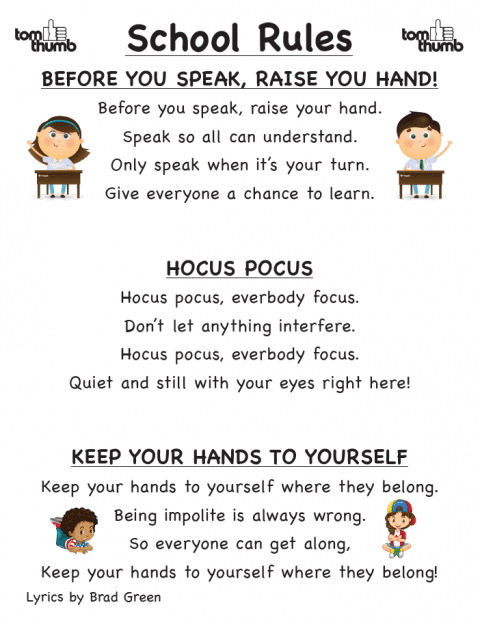 But he was not drowned, for he had scarcely reached the water before he was swallowed by a huge fish, which was shortly after captured, and sent to King Arthur by the fisherman for a new-year’s gift. Tom was now discovered, and at once adopted by the king as his dwarf;
But he was not drowned, for he had scarcely reached the water before he was swallowed by a huge fish, which was shortly after captured, and sent to King Arthur by the fisherman for a new-year’s gift. Tom was now discovered, and at once adopted by the king as his dwarf;
Long time he liv’d in jollity, Belov’d of the court, And none like Tom was so esteem’d Amongst the better sort.
The queen was delighted with the little dwarf, and made him dance a galliard on her left hand. His performance was so satisfactory, that King Arthur gave him a ring which he wore about his middle like a girdle; and he literally “crept up the royal sleeve,” requesting leave to visit his parents, and take them as much money as he could carry:
And so away goes lusty Tom With threepence at his back, A heavy burthen, which did make His very bones to crack.
Tom remained three days with the old couple, and feasted upon a hazel-nut so extravagantly that he grew ill. His indisposition was not of long continuance, and Arthur was so anxious for the return of his dwarf, that his mother took a birding-trunk, and blew him to the court.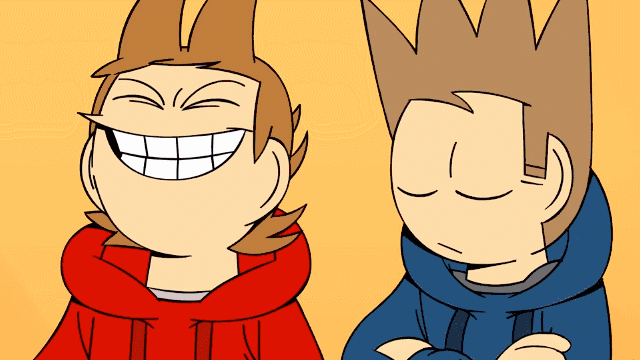 He was received by the king with every demonstration of affection and delight, and tournaments were immediately proclaimed:
He was received by the king with every demonstration of affection and delight, and tournaments were immediately proclaimed:
Thus he at tilt and tournament Was entertained so, That all the rest of Arthur’s knights Did him much pleasure show.
And good Sir Launcelot du Lake, Sir Tristram and Sir Guy, Yet none compar’d to brave Tom Thumb In acts of chivalry.
Tom, however, paid dearly for his victories, for the exertions he made upon this celebrated occasion threw him into an illness which ultimately occasioned his death. But the hero was carried away by his godmother, the fairy queen, into the land of Faerie, and after the lapse of two centuries, he was suffered to return to earth, and again amuse men by his comical adventures. On one occasion, after his return from fairy-land, he jumped down a miller’s throat, and played all manner of pranks on the poor fellow, telling him of all his misdeeds, for millers in former days were the greatest rogues, as everybody knows, that ever lived. A short time afterwards, Tom a second time is swallowed by a fish, which is caught, and set for sale at the town of Rye, where a steward haggles for it,–
A short time afterwards, Tom a second time is swallowed by a fish, which is caught, and set for sale at the town of Rye, where a steward haggles for it,–
Amongst the rest the steward came, Who would the salmon buy, And other fish that he did name, But he would not comply.
The steward said, You are so stout, If so, I’ll not buy any. So then bespoke Tom Thumb aloud, “Sir, give the other penny!”
At this they began to stare, To hear this sudden joke: Nay, some were frighted to the heart, And thought the dead fish spoke.
So the steward made no more ado, But bid a penny more; Because, he said, I never heard A fish to speak before.
The remainder of the history, which details Tom’s adventures with the queen, his coach drawn by six beautiful white mice, his escaping on the back of a butterfly, and his death in a spider’s web, is undoubtedly a later addition to the original, and may therefore be omitted in this analysis. It is, in fact, a very poor imitation of the first part of the tale.
★ Checkout this story aswell :
The Parrot
Best Tom Thumb Poems
Below are the all-time best Tom Thumb poems written by Poets on PoetrySoup. These top poems in list format are the best examples of tom thumb poems written by PoetrySoup members
Tom Thumb (The Cat)
Tom Thumb, with split ears and abscess, came to us on an autumn night. A feline atlas with alley hard shoulders, but a calm, cool warrior nonetheless. Named for...Read More
© Slight Buckling  
Categories:
tom thumb, petsold, autumn, autumn, old,
Form:
Free verse
Crooked Tom Thumb
shadow of the greyblue stairs heading up to who knows where jaws of a shark on the litter bone night wall crazy to my right the lifeless painting hangs...
Read More
© michael amitin  
Categories:
tom thumb, allusion, creation, fairy, heartbroken,
Form:
Ode
Humpy Dumpty Mystery
Humpty Dumpty always sat on that wall Except for the one time he had a great fall So always but once that anyone can recall Which is why...Read More
© Susan Gentry  
Categories:
tom thumb, children, funny, humorous, mystery,
Form:
Rhyme
The Morning of the Hurricanes Part 2
Continued from Part 1 The Beggars ’neath the balustrades, and broken Children, Chambermaids, are running wild from wraiths, afraid of dreams where death redoubles.They fritter time with...
Read More
© Terry O'Leary  
Categories:
tom thumb, fantasy,
Form:
Rhyme
A Pill For This A Pill For That
A pill for this A pill for that A pill for your pet armadillo dog or Rat. A pill to make you sleep A pill to wake you up Drunk with...Read More
© Peter Dome  
Categories:
tom thumb, addiction, angst, health,
Form:
Free verse
Tongue Twister Time
"Crispy, crumbly, chocolate Christmas cookies cooling . . . " I am going to turn back the pages of time, to when my Grandma made cookies...Read More
© Constance La France  
Categories:
tom thumb, cat, granddaughter, grandmother,
Form:
Rubaiyat
Cat Lady Shadow Cat Looking for his Friends, Polecat, Copycat, Bobcat, Wildcat, Allie-Cat and Tomcat
Shadow-Cat = Cat Afraid oF the Dark needs Teddy-Bear-Cat Polecat = a pole dancer Cat-House Copycat = looks like you do Carbon Copy House-Cat Bobcat =...
Read More
© rick Cox  
Categories:
tom thumb, animal, art, cat, cute,
Form:
Lyric
Mother Goose Down On Skid Row
Tom Thumb got caught peeping Now his life is on the run Little Bo Peep lost her sheep On a gambling junket she was on Little...Read More
© Mike Hauser   
Categories:
tom thumb, nursery rhyme, drug,
Form:
Rhyme
Finding Me
I’m from toy cars and mismatched Barbie shoes. I’m from bike races down the one road where no unpadded limb was safe. I’m from a Sunday carpool...Read More
© evelyn collins  
Categories:
tom thumb, appreciation, i am,
Form:
Free verse
I'm No Thumbalina
(To the giants who don't believe; big suprizes still come in small packages, don't believe it... ask Goliath) ...
Read More
© Adell Foster  
Categories:
tom thumb, on writing and words
Form:
Verse
Ladder Rung One
Ladder Rung One Ladder Rung One Tom Thumb and Thumbelina and baby thumbnail Tom is starting now to speak: “listen to me...Read More
© charles hice  
Categories:
tom thumb, daughter, family, teen, uplifting,
Form:
Free verse
Focus on the Thumb
Some focus on hair, on legs, on muscles or on lips on feet, on shoulders, on arms or on hips Yet though you may...Read More
© Gershon Wolf  
Categories:
tom thumb, body, silly,
Form:
Light Verse
My Garage
I have sixteen boxes of family photographs on these shelves.And all kinds of memorabilia with faeries, brownies and elves. My garage is a catch-all for things...
Read More
© Caren Krutsinger  
Categories:
tom thumb, 10th grade, 11th grade,
Form:
Rhyme
Cat and Bird Library
You should check out the cat and bird library, the old man told us. We thought he was a bit wacked, because he was an ornery...Read More
© Caren Krutsinger  
Categories:
tom thumb, 2nd grade, 3rd grade,
Form:
Rhyme
War and poetry. Vera Pavlova's Ukrainian Diaries
Alexander Genis: Today, on the first episode of the podcast "Genis: View from New York" poet Vera Pavlova, author of poems about the war and the victims of aggression. The question that we are discussing - and illustrating - can be formulated as follows: "How to write poetry after Bucha?"
The question that we are discussing - and illustrating - can be formulated as follows: "How to write poetry after Bucha?"
Embed share
No media source currently available
0:00 0:27:30 0:00
Alexander Genis: Everyone knows and often repeats especially now the words of the German philosopher Theodor Adorno about poetry after Auschwitz. But in order to better understand this quote, it should be expanded - read in context. Adorno's famous quotation occurs at the very end of a puzzling 1951 essay called "A Critique of Culture and Society." This text was translated only in 2018 by Vera Kotelevskaya, thanks to the Internet resource "Artguide". Here is how this passage sounds:
“Even the ultimate awareness of evil fate threatens to degenerate into chatter. Criticism of culture reveals itself at the last stage of the dialectic of culture and barbarism: writing poetry after Auschwitz is barbaric, and this undermines the very awareness of why it is impossible to write poetry today.
The paradox of this statement is obvious. No tragedies and wars prevented writing poetry. Rather, on the contrary: it was historical cataclysms that gave rise to new poetry. Thus, there are three peaks in English literary history: the Elizabethan golden age with Shakespeare, the “lake romantics” led by Wordsworth and the poetry of the First World War, the work of the so-called “trench poets”: Wilfred Owen, Robert Graves, Siegfried Sassoon. It was the experience of those terrible years that led to the emergence of a new poetics, which radically diverged from the previous literature. The trench truth buried everything romantic and heroic of the old tradition. Sassoon himself called his poems "treatises against the war." If the old culture, with its patriotic pathos and chivalrous ideal, led to world slaughter, then poetry adequate to war may be, repeating Adorno's word, "should become 'barbarian'." As it turned out to be under the pen of the Futurists and Dadaists.
I gave this example to talk about the newest poetry, the one being written today about the war in Ukraine.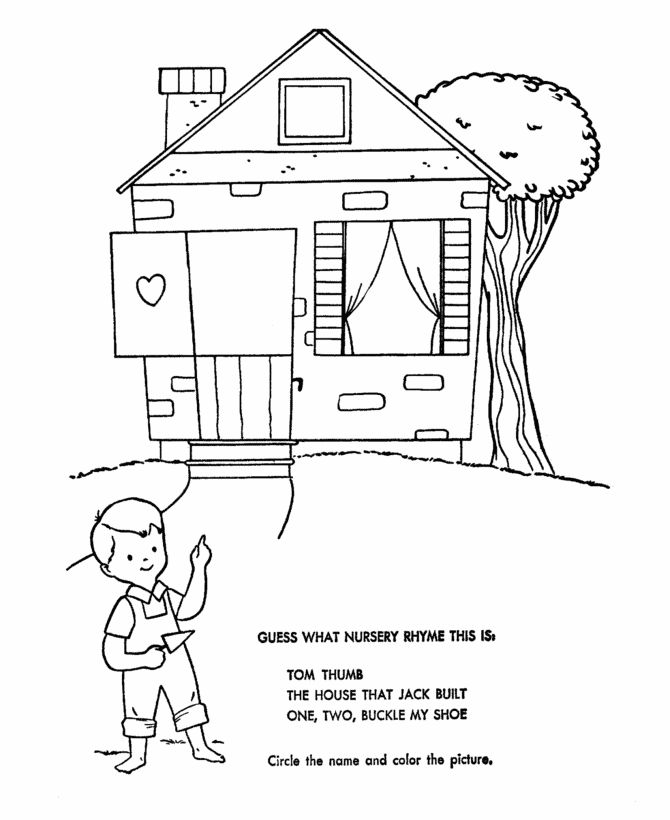 Poets were the first to try to comprehend this monstrous experience and find expression in aesthetically designed statements. In the age of the Internet and social networks, poems instantly reach readers - just like news from the front.
Poets were the first to try to comprehend this monstrous experience and find expression in aesthetically designed statements. In the age of the Internet and social networks, poems instantly reach readers - just like news from the front.
Moreover, the first book of the era of the Ukrainian war has already been published: an anthology of poetry “Witnesses and Witnesses. Chronicle of wartime”. The book has just been released in Tel Aviv by the extremely attractive Babel bookstore. And this is also a sign of the new time: the first tamizdat that sensitively reacted to the return of censorship in Russia. The titles of the sections of the anthology describe its content well: “In the beginning they set fire to heaven and earth”, “In the year of the Egyptian executions”, “Fly or stay”, “Woe is stronger than stones”.
Here are collected (through the works of the compiler of the anthology Irina Golovinskaya) poems of 28 poets written during the first 50 days of the war.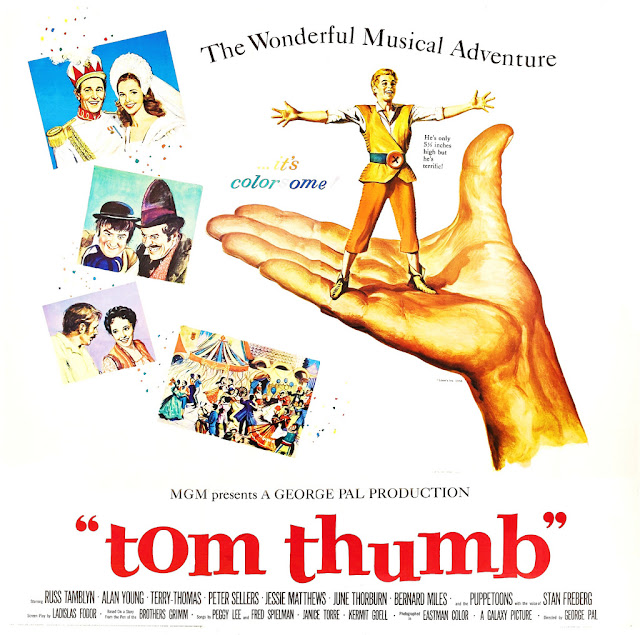 Among the authors is a wonderful Kiev poet Alexander Kabanov, whose new poems, with bated breath, are waiting for Facebook every day. There are a lot of other well-known names: Maria Stepanova, Ivan Davydov, Yuli Gugolev, Dmitry Vedenyapin, Andrei Bilzho, Alla Bossart, Roman Leibov, Linor Goralik, Vadim Zhuk - and many others whom I know less.
Among the authors is a wonderful Kiev poet Alexander Kabanov, whose new poems, with bated breath, are waiting for Facebook every day. There are a lot of other well-known names: Maria Stepanova, Ivan Davydov, Yuli Gugolev, Dmitry Vedenyapin, Andrei Bilzho, Alla Bossart, Roman Leibov, Linor Goralik, Vadim Zhuk - and many others whom I know less.
Here, for example, are poems from Moscow by Anya Dyer:
and just yesterday we were sitting
drinking something,
eating something,
saying: we lived somehow,
means we will live somehow.
fingers with red nails,
abandoned bicycle.
for what, why, where from
who will answer for this.
people wolves people animals
time is compressed. There is no god.
the haze is suffocating. the air is thickened.
clouds are winding. snow again
Here is another one, also from Moscow. Platon Matinin:
Platon Matinin:
The company checked in luggage
iPhone,
Sundress,
Knitwear,
Chest,
Laptop,
Car seat3
And this is our Katya Kapovich, from Boston:
“It was a good spring day,
the siren was howling in the district
only twice from the grove”, -
a friend writes on Facebook.
“They buried a neighbor,
her heart let her down,
they put a branch in the mound,” –
she writes from the basement.
“Lord, what are we guilty of?
We are being killed. Give me strength.
The city was razed to the ground”, –
she writes from the grave.
Aleksey Tsvetkov reads his poem “Borscht” at the Tartu Festival Prima Vista 9May 2022, 3 days before the death of the poet Separately, it should be said about the recently deceased Alexei Tsvetkov, whose poems adorn the anthology.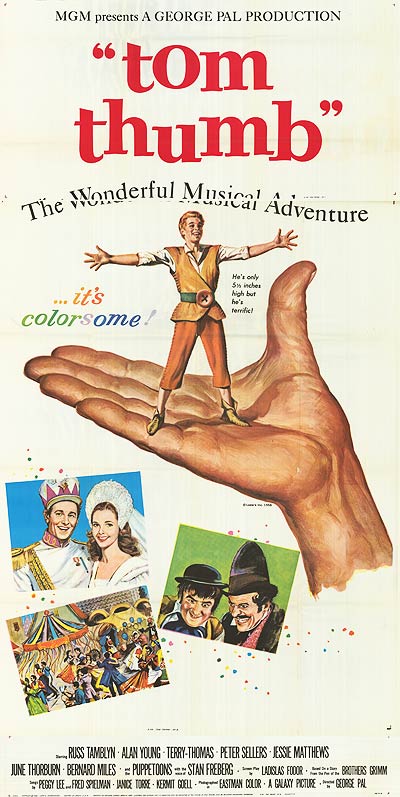 A native of Ukraine, from the first day of the war he wrote penetrating poems about her tragedy. A connoisseur and lover of history, Tsvetkov was constantly looking for analogies to what was happening: either from Homer, then from the Romans, then in the Middle Ages. But most of all, his very simple and infinitely touching poem “Borscht” sounded to me the most. I heard it in the author's performance during a recent trip to Tartu, where literary critics Roman Leibov and Oleg Lekmanov demonstrated today's anti-war poetry in a recording at the Prima Vista literary festival. Tsvetkov at that time was already in the hospital, in intensive care, but the recording was made a few days before he got there.
A native of Ukraine, from the first day of the war he wrote penetrating poems about her tragedy. A connoisseur and lover of history, Tsvetkov was constantly looking for analogies to what was happening: either from Homer, then from the Romans, then in the Middle Ages. But most of all, his very simple and infinitely touching poem “Borscht” sounded to me the most. I heard it in the author's performance during a recent trip to Tartu, where literary critics Roman Leibov and Oleg Lekmanov demonstrated today's anti-war poetry in a recording at the Prima Vista literary festival. Tsvetkov at that time was already in the hospital, in intensive care, but the recording was made a few days before he got there.
This is the last poem of one of the best Russian poets:
Borsch
When the end of the total
Fire of the surrounding groves
The entire horizon is bogged down in smoke
9000 And we cooked Borshchiwe removed the noise as soon as possible
we burned the last gas
while the volleys of batteries
felt for us
I got up and went to the window
Where the explosions are a little MORE
Where we have a bloody moon
We hung
Like yula
Solers in the coffin and someone raised two wings
was already blowing the trumpet
the grin of the collapsed wall
the dying screech of cats
and the hail of me from behind 9001 0002 we sit down borscht is ready we will soon lie down with bones but I won’t miss borscht good borscht See also
don’t be wasted Noah's Ark for the Beasts.
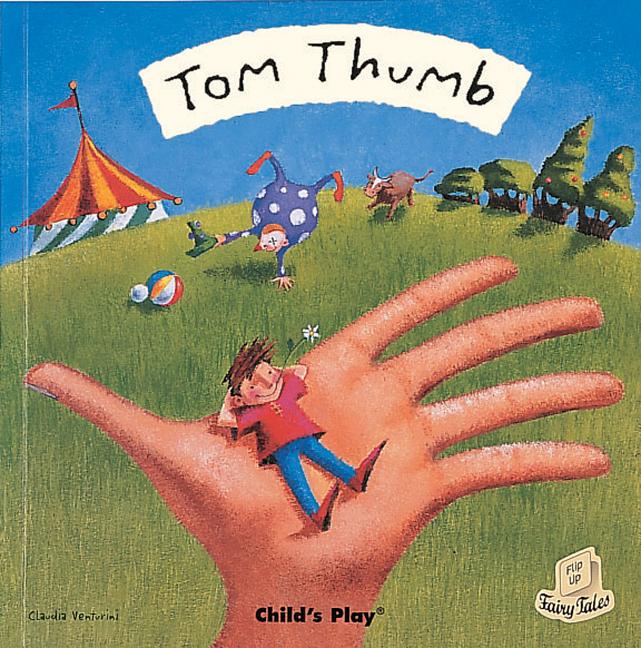 Ukrainians run with pets
Ukrainians run with pets
Alexander Genis: Vera Pavlova's poetic diary can be considered another poetic pinnacle of military - or anti-war - poetry. I have been following her poems from the very beginning - from the famous debut page in Nezavisimaya Gazeta. Since then, she has produced a shelf of books of wonderful poetry - always inventive, unusual, daring, beautiful and elegant, like antique gems. But the poetry of the last three months seems exceptional to me. She seemed to have risen to the top floor, this is a masterpiece of Vera Pavlova. I myself saw how in the same Tartu, in the hall where they listened to her poems from this cycle on record, many cried, and these were hardened philologists who were used to dismembering poetry, and not taking it inside raw and defenseless. Today we will talk with Vera Pavlova (she now lives in Canada, in Toronto) about the war and poetry - her and in general. And, of course, we will listen to excerpts from her unprecedented collection, where day after day, hour after hour, events in Ukraine were reflected and reincarnated.
Before our conversation, Vera sent me all 100 military poems, which, of course, should make up her new book. But I propose to start with those poems that she sent me yesterday and wrote directly to the mail. These verses are suitable as epigraphs for our conversation.
Don't mix vodka and tomato juice,
don't mix truth and lies.
You can't hide from a bullet behind a quote,
you can't stop the blood with irony.
What a bullet quote, she's a fool.
And blood is not water, not water.
Shut up, military self-censorship,
otherwise I'll burn with shame.
Alexander Genis: Vera, my first question is in the subtitle of this podcast episode: how to write poetry after Bucha?
Vera Pavlova:
Stop singing? Stop writing?
News piercing-cutting?
Just imagine that the concert hall
is a bomb shelter,
the fiance does not call from the front line,
there are no letters from the refugee son.
Crying sing. Write about them.
And maybe you will be consoled.
Something like that. But why after? Bucha - a common noun - is happening right now, when we are talking with you. And this is a completely different acoustics.
Air raid acoustics.
the apotheosis of war
soot weeds
every one black
piano keys
we will play on it
smearing soot
under heavy fire
in someone’s elbow-deep blood
Friends-poets complained about the first days of the war, especially dumbness. On the contrary, I wrote every day. Not recognizing your voice. So it was a long time ago, in the hospital: the fight is over, I'm perplexed - who just screamed? And there is no one in the roadblock except me.
You wake up - war.
Yes, what a dream,
if the bedroom is slept,
if the house is burned down,
if the city has become ashes,
ashes - old and young,
if the battle does not stop
and hell is created.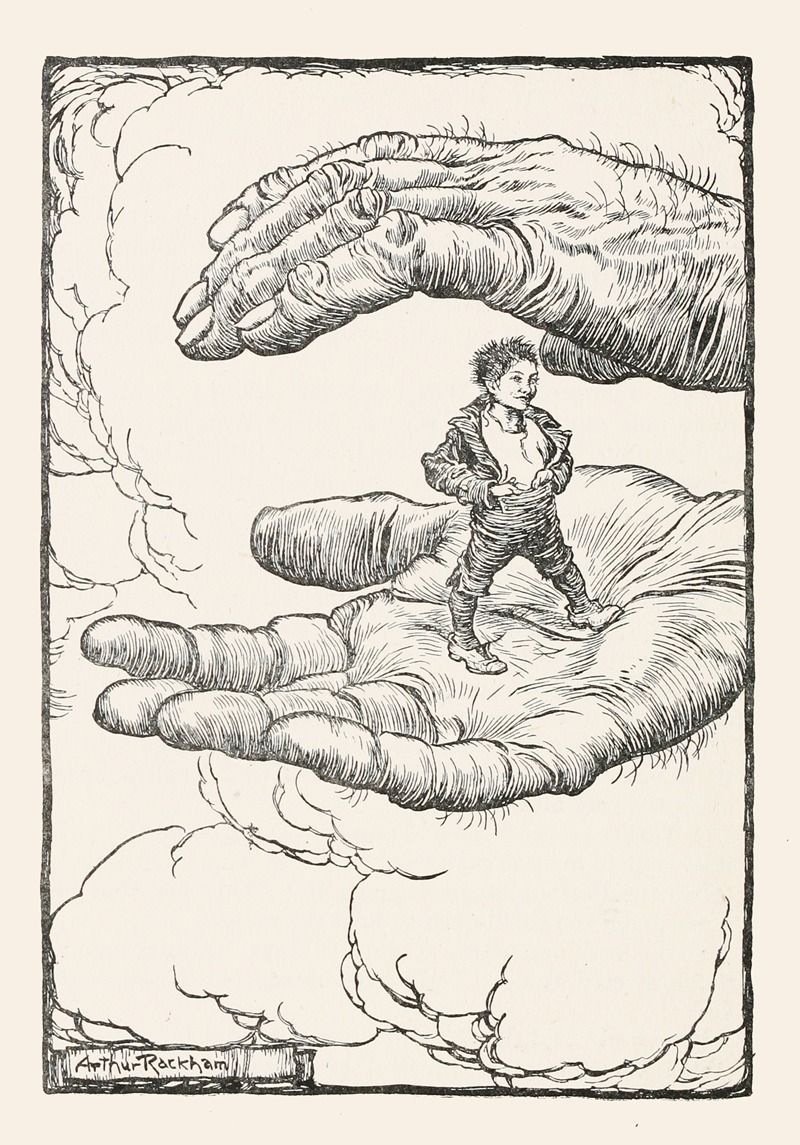
Maybe that's why the Mariupol maternity hospital bleeds the most in my poems.
International language -
baby talk.
The conscript
Calvary sleeps at his chest. Vibrates
air blast wave.
The enemy is not knocked out.
War cuts off the path
to flee to Egypt.
Alexander Genis: At the beginning of the war, Brecht wrote a poem entitled "Bad time for poetry." There are lines like this: “In my song, the rhyme / Would seem like panache.” What did the war change in your poetics? Tone, voice, register, author's character?
Now, at war, vers libre is impossible for me
Vera Pavlova: I cannot agree with Brecht. Even before the war, I tried to polish the form to perfection, and then my poems were, perhaps, dapper. But now, in the war, vers libre is impossible for me. The stories of refugees, victims of violence, residents of Ukrainian cities, burying relatives in the yard under shelling, doctors operating in dark basements.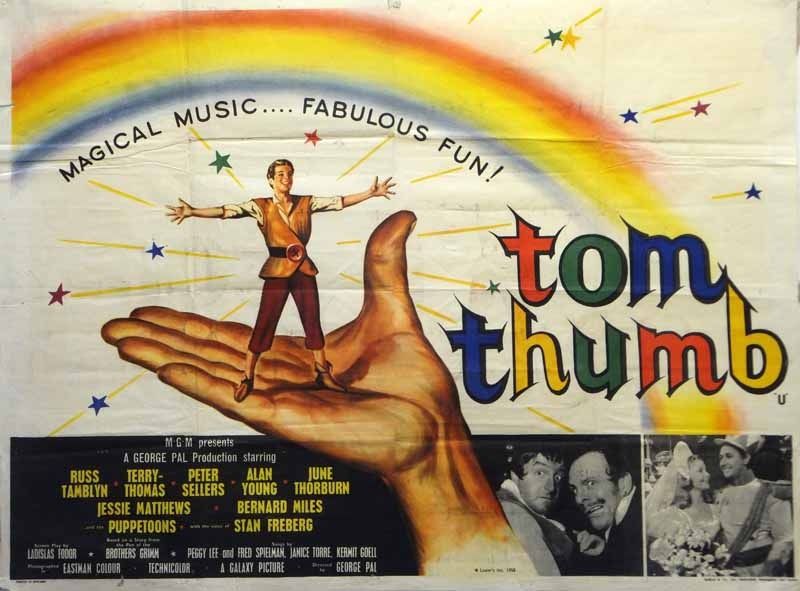 .. Here is the free verse of these days. And their main genre is interviews.
.. Here is the free verse of these days. And their main genre is interviews.
Not at a rally, not in captivity,
not in a shelter, not in combat
I interview pain.
The main genre now is interviews.
Not under bombs, not in a convoy,
not in a cemetery, not in the ranks
devastating questions
I ask myself.
Has my voice changed? Yes. The lyric soprano turned into a dramatic one. Or even folk half-shout-half-shout: voiceless.
Your only son,
protector, assistant, friend,
will come from the station without legs,
will hug you without arms,
will fill a glass without a bottom,
will look around the basement without eyes
and say: there was a war,
and I lost it.
Pronouns I have become smaller, YOU are more. WE has become even more, which in my former poems included two, and now - thousands and millions.
I am at the bottom. Who is with me?
It's too late to pack things.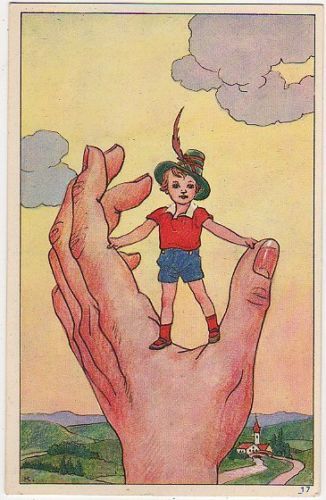
We will live under water,
breathe through a pipe.
There will be silence. There will be smoothness.
There will be weekdays and work.
Let's surprise the birds
music from underwater.
And the pronoun I became... hospitable, or something. This is just facilitated by a strict form. Meter, rhyme, melody - all this the traditionalist poet borrows from the language. Well, according to all the rules, the made poem seems miraculous, no one's. It is easier for the reader to assign it.
You are jingoistic patriots,
I am, alas, a patriot.
What did you leave? Notes -
a cabinet of read notes, -
pianos, graves,
mother, books, deeds.
Heart? - No, I got it.
Soul? - No, I took it.
It seems to me that this I contains many of my friends who left Russia after February 24th. I really sympathize with them. I am one of them.
All countries except one.
Why are we so homeless?
Meet me, my dear,
near the fifth column
of the big theater of war -
in Erivan, in Tiflis,
as the fish needs an umbrella
the world behind the scenes.
Alexander Genis: Your idiosyncratic authorial style - fundamentally short poems - is ideal for military poetry: they resemble “telegrams of the soul” (the Viennese writer, master of miniatures Peter Altenberg had such a genre). How closely are your poems related to real events? How do they relate to the horror of reporting? What facts do your poetic imagination use?
Vera Pavlova: I have never written about the topic of the day before. But now that this anger has overflowed its banks, some of my poems respond directly to terrible news.
In the photo -
a little boy,
under the photo -
crying emoticon.
Light boat.
Brave escape.
Gunner's vigilance. №
Eternal childhood.
The whole FB was crying over his photo. Remember?
This is a handsome boy, Sasha, with a neatly trimmed bang. The entire FB was crying over his photo.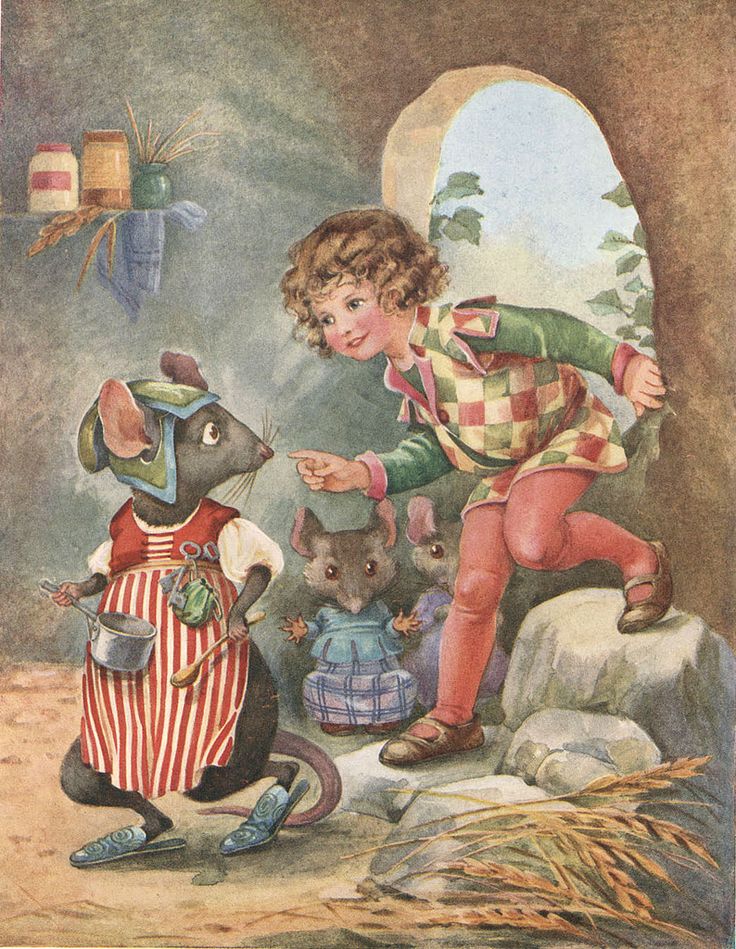 Remember? The river returned his little body a few days after a direct hit by a shell in the boat.
Remember? The river returned his little body a few days after a direct hit by a shell in the boat.
Heart, fill with tears
the flame of an Easter candle.
The blood of the killed children
The enemy sprinkled Easter cakes.
Angels led astray.
Air defense strikes the bell.
Now Risen, forgive me:
for joy the heart is dead.
And this is three-month-old Kira, who was killed on Easter night. What a nightmare Easter was this year!
The font and dome are burning down.
You don't look trouble in the eye?
Dying Mariupol:
Mother of God on the cross.
Joachim and Anna are crying.
The Son removes Her from the cross.
Between the legs - a laceration.
You don't believe? Put your fingers in.
Alexander Genis: Every war needs its own poems. And every war, in a certain sense, refutes the tradition. Let's say, for me, the atrocities of Russian soldiers in Bucha overshadowed military poetry, and indeed all the art of the military theme, on which I grew up. “Goodbye, boys” by Okudzhava or “The Ballad of a Soldier” by Chukhrai do not fit in with what is happening in Ukraine now.
“Goodbye, boys” by Okudzhava or “The Ballad of a Soldier” by Chukhrai do not fit in with what is happening in Ukraine now.
Has your attitude towards your predecessors changed? Who is your model in military poetry - was and became?
Vera Pavlova: "My comrade in death agony" Iona Degena, "Before the attack" Gudzenko - "And I used a knife to pick out someone else's blood from under my nails." However, for me, even that war speaks with vers libre of evidence and an unattainable model seems to be "The war does not have a woman's face" Aleksievich. Next to this, any poems sin with panache. Except perhaps the simplest ones:
What is left of our
house? Coals, ash.
Buried alive
everything she used to live.
I aspire to such simplicity.
Future baby,
food for the birds of heaven?
I am sitting in a corner, writing
with the coal of the ashes
of my own. There is no relative.
May. Fourth of May.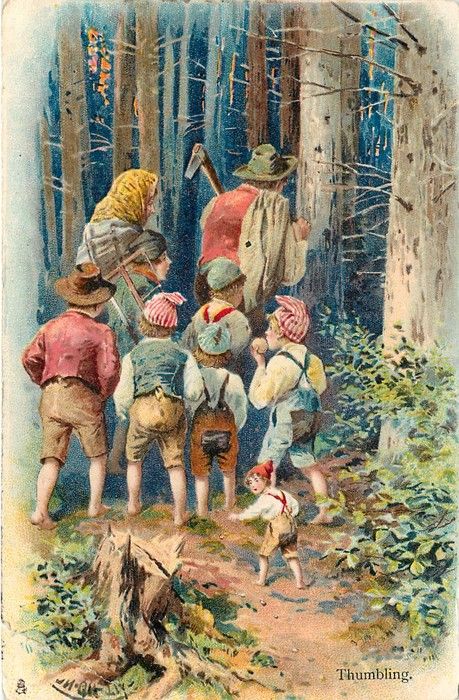
There is a light in the study window:
did not turn it off while running away.
And again:
The left one is crying about one thing,
the right one is about another.
Left: orphanage blown up.
Right: where is my house?
Don't shed a tear, tear.
Bell ringing,
teach my eyes
to cry in unison.
See also
"Aggression began from the era of Catherine." View of the war from Barcelona
Alexander Genis: What do these poems give you as a poet and as a person?
Vera Pavlova: As a poet, this is what poetry always gives: the ability to overcome content with form, harmony - chaos, music - despair. As a person - amazing responses from readers. FB is my only platform. I immediately write in FB, earlier than in a notebook, sometimes I edit directly in FB. This has never happened to me. And - I look who liked. And I haven't done this before. And now this is terribly important to me: this is the roll call of our detachment. And - my synodic.
And now this is terribly important to me: this is the roll call of our detachment. And - my synodic.
So far my poems are only "telegrams of the soul". Radio intercepts
And what kind of letters I get! They write to me: I fled from shelled Kharkov, taking only your book with me. Or: I wanted to take a handful of pills, but I thought that then I would not be able to read what you would write tomorrow. Under the verses there are comments in different languages. Comments in Ukrainian are especially valuable. "I read your poems and finally was able to cry." For my birthday, I received an incredible gift from Marina Fedak, a translator of Ukrainian origin from Toronto, a self-made book, in three copies, with her translations of twenty military poems into Ukrainian and English. This is how I would like to see my military book - trilingual. But I will do the book - if I do - only after the victory. So far, my poems are only, as you correctly noted, "telegrams of the soul. " Radio intercepts.
" Radio intercepts.
Alexander Genis: One hundred verses of your diary inevitably - without the will of the author - add up to the plot. What is he talking about? Where does it lead?
Vera Pavlova: He tells how a deep rear worker lives. Which every day listens to Arestovich and Yakovina, Corned beef and Katz, Gordeeva and Naki. Which every day cries for the dead. Which fierce hatred hates Putin. Who doesn't know if she can go home. Which hopes that the plot leads her there, to Moscow, to Izmailovo.
Taste of blood in the mouth.
Wait, I'll swallow it.
I settle down in hell:
I pay for the apartment,
weave lines tightly,
without breaking into a cry.
Taste of blood in the mouth:
bit her tongue.
When I return... It's time to sing Galich... When?
Turtles move in time.
How long before the win?
Knows the still breathless
air raid alert.
Bomb shelter.
Bearing walls of the uterus.
Thero defense tenderness.
Contractions.
Alexander Genis: You have just returned from the poetry festival in Barcelona. How do foreigners listen to your military poems in Russian?
2020 Barcelona Poetry Festival posterVera Pavlova: I was invited to Barcelona - with your light hand, Alexander - to participate in a translation slam. Four translators translated two of my poems and on stage, in front of the public, asking me clarifying questions, they defended their version of the translation. The format is promising. But for this show, I regretted my new poems, gave the old ones.
Another thing is interesting: in Spain, in gingerbread Barcelona, it was wonderful, sunny, my brother flew to see me, and it seemed that I could breathe again. It seemed that the war was over. But poems were written there anyway only about the war.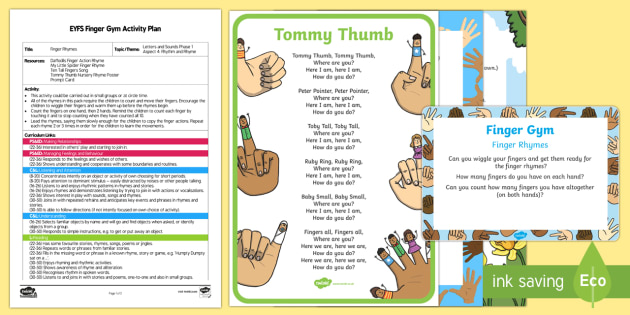
Reception. A glass of wine.
When will we, brothers, understand,
that blood is shed and it
will not become red wine,
will not become the bread of the body -
crops of minefields.
Cried. Finished it.
- Top up?
No. However, come on.
One more thing:
Allow Pilate to be right,
understand and forgive Judas
don’t ask me, don’t, –
I don’t want, I can’t, I won’t,
because the words are passwords,
because the responses are rhymes
tolerant to the first blood,
to the last irreconcilable.
Alexander Genis: Vera, what would you say to your Ukrainian readers? And what about the Russians?
Vera Pavlova: Ukrainian:
The soul has become a grave,
a bloody nightmare reality.
I beg you, six-winged one, -
behead the two-headed one.
A hair's breadth above the abyss
everything that I love, than I live.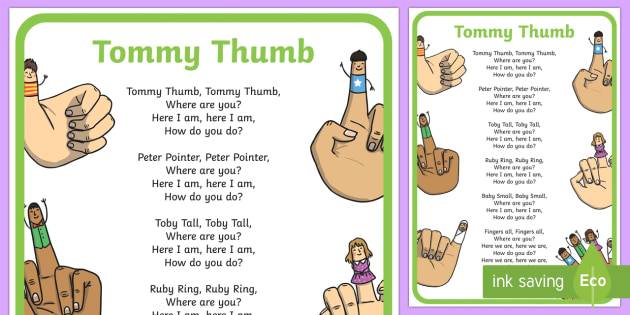
Heavenly Archangel,
help the Armed Forces of Ukraine.
Russian soldiers:
Don't say: I'm shooting past.
The bullet is not a fool - it flies to the end.
Shoot into the sky and kill the cherub.
If you shoot at the ground, you kill a dead man.
Bird. Mole. Dragonfly. Vole.
The bullet is not a fool - it will find its target.
Don't listen to the battalion commander - drop your rifle.
Listen to your mother - hide in the gap.
Russians in dispersion:
We will dance at gunpoint
on barbed wire over the abyss,
we will lick the Russian language
in the cold an iron curtain,
we will fence gardens,
we will, forgetting the attempt-torture, 9043 AWOL, leave,
asking for leave in the past.
Everyone:
How many coffins can a
woman carry?
I cry for the dead - I pay
a lifetime mortgage,
I spend cap-cap-capital.
Mother consoled "Woman,
don't cry," didn't you say,
that those who weep are blessed?
We are easy to find on the Radio Liberty website.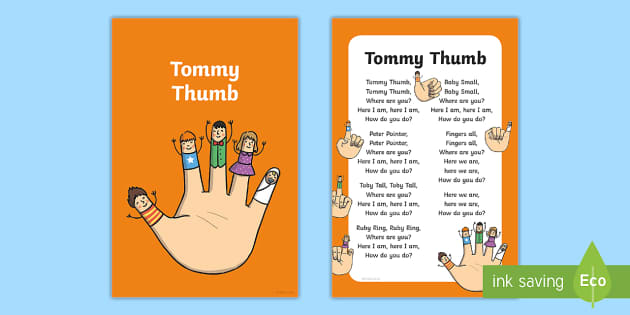 Subscribe to my podcast on Spotify, Google podcasts, Yandex music. Join the conversation: write to me on social networks and on Svoboda accounts, as well as on all podcast platforms.
Subscribe to my podcast on Spotify, Google podcasts, Yandex music. Join the conversation: write to me on social networks and on Svoboda accounts, as well as on all podcast platforms.
As always, no letter will go unanswered. See you soon on air.
Finger gymnastics
Dear teachers, parents and children! small finger motor skills and speech development are connected between themselves. Fingers help to speak. Every a person wants to learn how to speak beautifully and read. And finger gymnastics will help with this. To you. It is important to create a relaxed, joyful an environment that will allow children loosen up and will dispose them to the game. Children will quickly memorize rhymes and speak freely and expressively. Learn faster overcome deviations that have arisen in speech development, it is easier to learn the skill of writing.
House
| I want to build a house , | (Hands folded into a house, and raised above head) |
| To have a window in it , | (Fingers of both hands to connect in circle) |
| So that the house has a door , | (We connect the palms of the hands together vertical) |
Next to the pine tree to grow .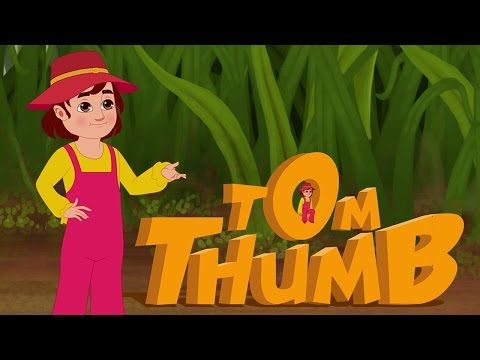 | (We raise one hand up and "spread out" fingers) |
| So that there is a fence around , | |
| The dog guarded the gate , | (We join hands in a lock and make a circle in front of you) |
| It was sunny, it was raining , | (First, raise your hands up, fingers "scattered". . Then lower the fingers down, do "flicking" movements) |
| And the tulip blossomed in the garden! | (Put hands together and slowly we open . . fingers - "bud tulip") |
Friends - gardeners
Thick and big finger Went to the garden for plums. (The palm is collected in a "cam". We bend thumb, straighten it, then bend it half. Bend again and so on several times)
Index from the threshold Showed him the way. (Bend off the index finger, then "bend-unbend") The middle finger is the most well-aimed, He knocks plums off the branch. (Bend middle finger, "bend-unbend" it. In this case, you need to try not to bend the index and thumb)
(Bend off the index finger, then "bend-unbend") The middle finger is the most well-aimed, He knocks plums off the branch. (Bend middle finger, "bend-unbend" it. In this case, you need to try not to bend the index and thumb)
Nameless picks up, (We also bend nameless, try not to move the previous fingers)
throws! (Bend off the little finger)
Boat A boat is sailing on the river, (Press the lower parts of the palms to each other, the upper open - show the "boat")
It floats from afar, (We put it horizontally left hand to the eyes - "look into the distance")
There are four very brave sailors on the boat. (show 4 fingers)
They have ears on the top of their head, (Place both palms to their ears)
They have long tails, (fingertips of both hands join together and then slowly spread your arms to the sides)
And they are only afraid of cats, only cats and cats! (We show two palms open from ourselves, then fingers are slightly bent - it turns out "claws")
At the end of this game, you can ask the child: -What for the sailors were on the boat? Answer: mice
Boat
I will press two palms, And I will swim across the sea.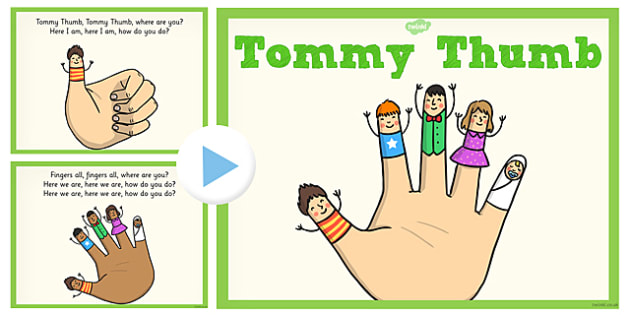 (Squeeze both palms to each other, while not connecting thumbs)
(Squeeze both palms to each other, while not connecting thumbs)
Two palms, friends, - This is my boat. (Do wave-like movements of the hands - "boat floats") I will raise the sails, (At the connected together hands in the shape of a "boat" raise up large fingers)
I will swim in the blue sea. (Continue undulating hand movements - "boat")
And on the stormy waves Fishes swim here and there. (Completely connect two palms to each other to imitate fish and again wavy movements - "fish swim")
Mouse
The mouse made its way into the mink, (We make two handles (sneaking movements)
Locked. (Slightly shake fingers crossed)
She looks into the hole, (Make with fingers ring)
The cat is sitting on the fence! (attach handles to head like ears and move fingers)
Orange
(Hand clenched into a fist)
We shared an orange. (Twist fist right-left)
There are many of us, but he is alone! (With the other hand we unbend fingers folded into a fist, starting with large)
This slice for the hedgehog, (Unbend the index finger)
This slice is for siskin, (Unbend the middle finger)
This slice is for ducklings, (Unfold the nameless finger)
This segment is for kittens, (Unbend the little finger)
This segment is for beaver, (Open hand turn left and right)
Well, the wolf - peel. (We show with both hands cleft palate)
(We show with both hands cleft palate)
He is angry with us - trouble! (fold hands house)
Hiding in the house - here!
Ball
slowly dilute)
Inflate the balloon quickly. (fingertips of both hands touch each other - the balloon is inflated)
It becomes big. (We touch palms with each other completely)
Suddenly the balloon burst, the air came out - (Close together fingers)
He became thin and thin!
An owl flew
(We wave our hands)
An owl flew, Cheerful head. I flew, I flew (Put hands on head)
On the head of the village. Sat down, sat down, Head turned around (We wave our hands again)
And flew again.
Piglet
(Squat down, hands on the belt, do inclinations to the right)
Piglet Piglet He was lying on his side! (Get up, straighten up, raise your hands up - stretching)
Got on my feet, Stretched! (We squat on squat and lean forward, holding hands straight ahead)
And then he crouched, Bent over! (Get up, jump in place.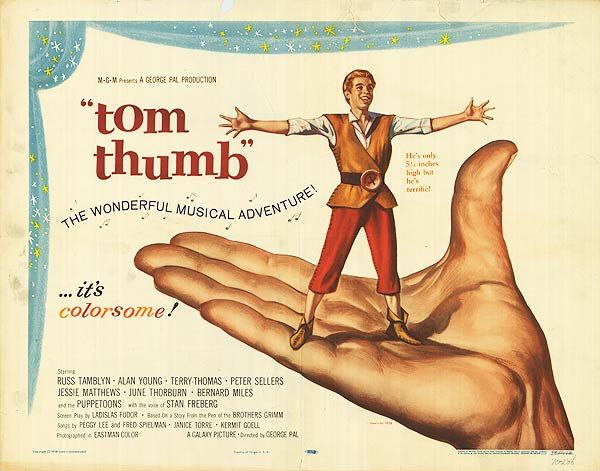 Hands on the belt, walking on the spot)
Hands on the belt, walking on the spot)
And jumped a little, And walked on the spot. (sit down squatting, hands on the belt, bending to the left)
And then lay down again, - But on the left side!
Squirrel
(At the very beginning, the fist is clenched)
Squirrel sits on a cart, she sells nuts: (Alternately unbend all fingers, starting with large)
Chanterelle-sister, Sparrow, Titmouse, Bear fat-fifted, mustachioed Zainka ...
Our family
big)
This finger is big - This is dad dear. Near dad is our mom. Next to my mother is my older brother.
His little sister is following him - a sweet little girl. And the most little strong man - This is our glorious baby.
Winter walk
(Bending fingers one by one)
One, two, three, four, five ("Let's walk" on the table) index and middle fingers)
We came to the yard for a walk. ("Lepim" lump with two palms)
They sculpted a snow woman, (Crumbling movements with all fingers)
The birds were fed with crumbs, (Lead with the index with the finger of the right hand on the palm of the left hand)
Then we rolled down the hill, (Put your palms on the table is one side, then the other)
And they were lying in the snow. (We shake our hands)
(We shake our hands)
Everyone came home in the snow. (movements with an imaginary spoon, hands under the cheeks)
They ate the soup and went to bed.
Spider
(Arms crossed. Fingers of each hand "run" on the forearm, and then on the shoulder of the other hand.)
The spider walked along the branch, And the children followed him. (Brushes are freely lowered, we perform a shaking movement - rain.)
Rain suddenly poured from the sky, (clap hands on table/knees.)
Washed spiders to the ground. (palms lateral sides pressed to each other, fingers splayed, we shake our hands - the sun is shining.)
The sun began to warm, (We make movements such the same as at the very beginning.)
The spider is crawling again ("Spiders" are crawling on head.)
And all the children crawl after him, To take a walk on branch.
Birch
(Smooth movement of the right hand to the side - up)
My birch, birch.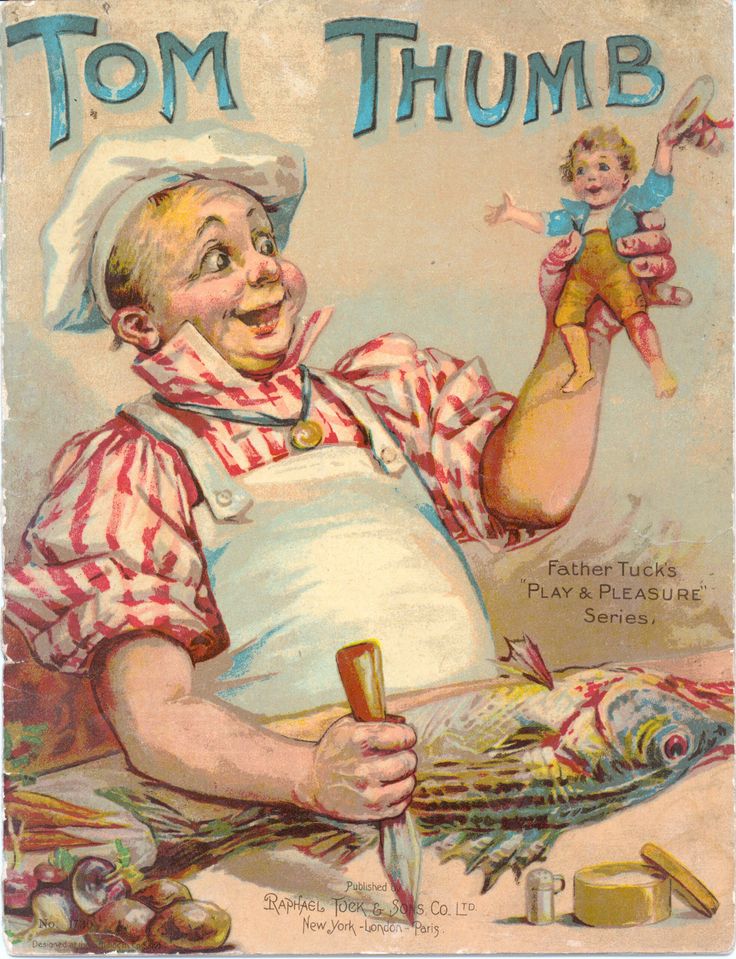 | (Same, but with left hand) |
| My curly birch. | (Raise arms up, inhale) |
| You are standing, birch, | (Lower arms, exhale) |
| In the middle of the valley, | (Raise hands, inhale) |
| On you, birch, | (Lower arms, exhale) |
| Leaves green, | (Raise hands, inhale) |
| Under you, birch, | (Lower arms, exhale) |
| Silk grass, | (Raise hands, inhale) |
| Around you, birch, | (Lower hands, long exhalation) |
| Girls red Wreaths twist, weave... |
Fish
(Palms are closed, slightly rounded.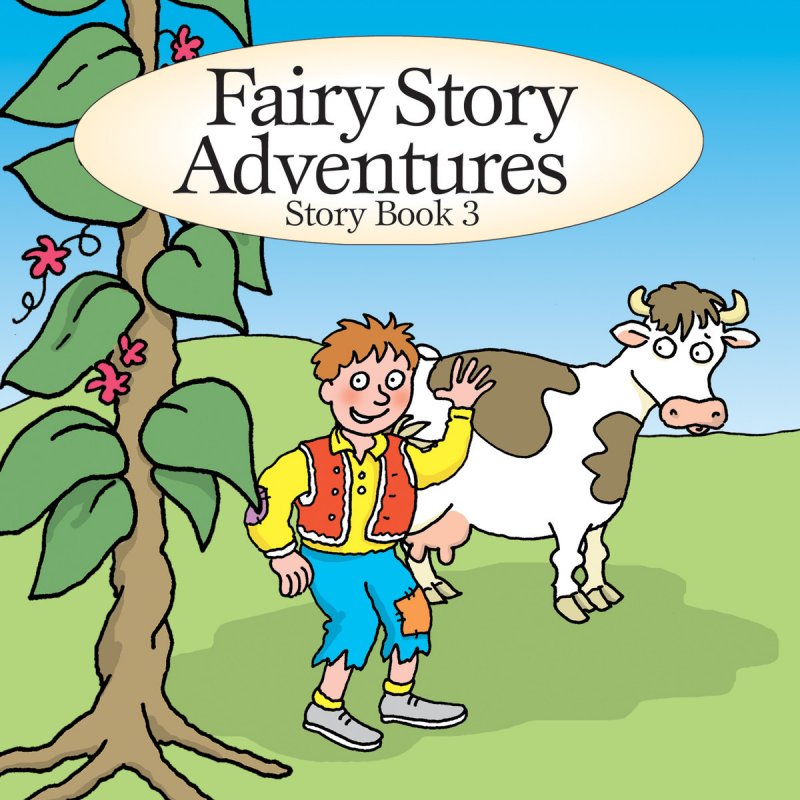 undulating movements in the air.)
undulating movements in the air.)
Five little fish were playing in the river, (Hands pressed against each other. Flip them from side to side side.) There was a large log on the sand, (Palms closed and slightly rounded. We fulfill them "diving" movement.)
And the fish said: "It's easy to dive here!" (Swing with closed palms (negative gesture).)
The second one said, "It's deep here." (Palms turn to the back of one from the hands - the fish is sleeping.)
And the third one said: "I want to sleep!" (Quickly shake hands - trembling.)
The fourth one began to freeze a little. (Wrists connected. Palms open and connect - mouth.)
And the fifth shouted: "There is a crocodile! (Quick wave-like movements with closed palms - swim away.) Swim out of here so you don't swallow it!"
There was a cuckoo
(We walk on the table on straightened index and middle fingers, while the other fingers tucked in.)
A cuckoo was walking past the market, (The palms join "ladle" - a basket.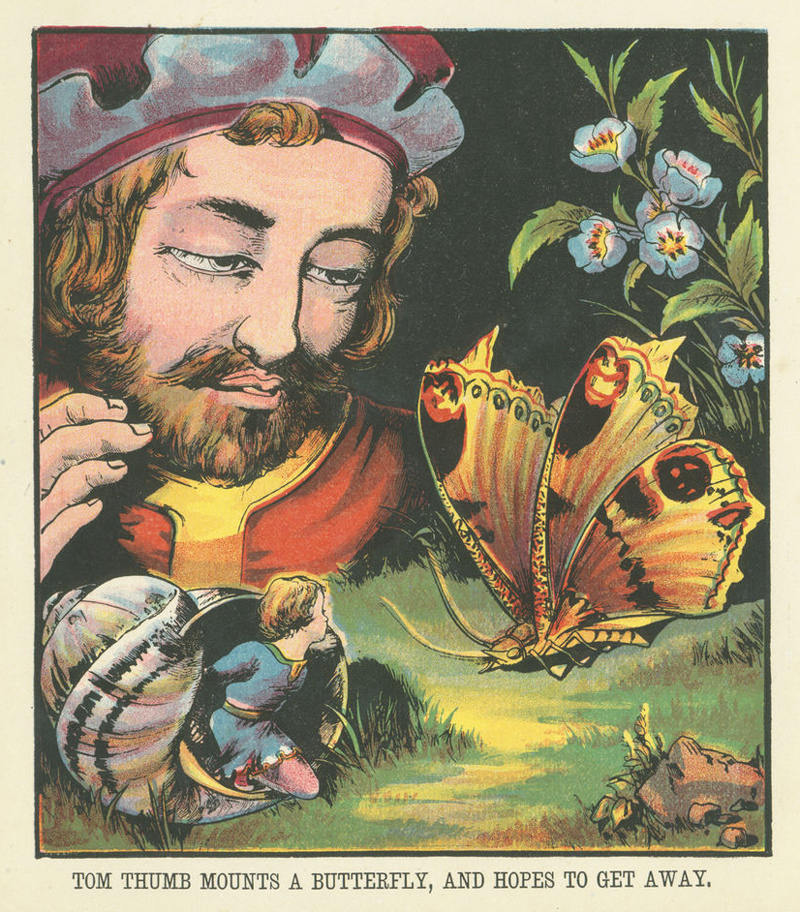 )
)
She had a basket, (We strike with closed palms on the table/knees, we separate our hands.)
And the basket on the floor - bang! (We spread our arms to the sides, moving his fingers - flying flies. Quantity fingers extended corresponds to the text.)
Ten (nine, eight) flies flew!
Bees
(One of the hands is on the table, leaning on the elbow, fingers splayed (Christmas tree)
On the second hand, the fingers close into a ring (beehive). The "beehive" is pressed against the "Christmas tree".)
A small house on the Christmas tree, A house for bees, but where bees? (We look into the "beehive".)
We must knock on the house, (We clench our fists, we knock them against each other.)
One, two, three, four, five. I'm knocking, knocking on Christmas tree, Where, Where are these bees? (Banging fists each other, alternating hands.)
They suddenly began to fly out: (We spread our hands, we spread our fingers and move them, bees fly.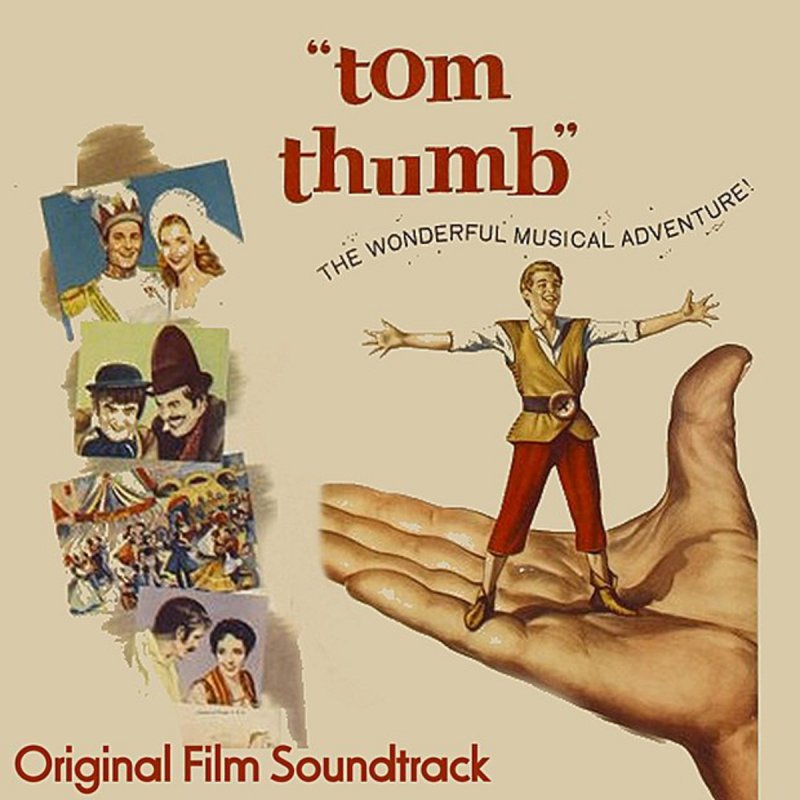 )
)
Two, three, four, five!
Wait a minute
(Russian game)
Hands in front of the chest, palms closed. Little fingers - children speak in a thin voice. Unnamed fingers - mother, speaks in a normal voice. Medium fingers - dad, speaks in a low voice. Index fingers - soldiers, speak in bass. Crossed thumbs - the threshold of the hut. (Night, at everyone is sleeping. There is a knock.)
Soldiers : Knock knock! (index fingers tap each other.)
Children : Who is there? (Tap to each other friend's little fingers.)
Soldiers : Two soldiers came spend the night! (Index fingers tap.)
Children : Let's ask mom. Mother! (Little fingers tap.)
Mother : What about children? (Tapping nameless.)
Children : Two soldiers came to spend the night! (Little fingers tap.)
Mom : Ask dad.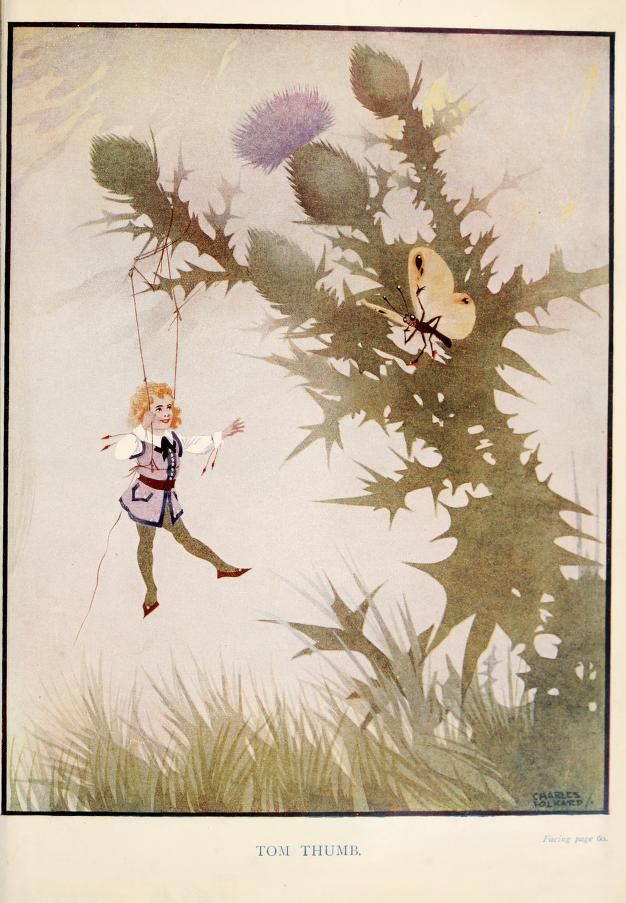 (Tapping nameless.)
(Tapping nameless.)
Children : Dad! (Little fingers tap.)
Dad : What, children? (Middle tapping fingers.)
Children : Two soldiers came to spend the night! (Little fingers tap.)
Dad : Let me in! (Middle tapping fingers.)
Children : Come in! (Little fingers tap.)
Soldiers : Oh, what a blessing that allowed to sleep! (index fingers "dance" making cross movements.)
Soldiers : Come in! (Closed palms turn fingers to the chest. Then follows a quick half-turn of the arms so that they touch backs of hands.)
(Arms extended forward.)
Jellyfish
(Children join their palms, spread their fingers.)
Two huge jellyfish Cling belly to belly. (Then they tear their palms apart, arching the fingers, while the fingers of the left hand pressed to the fingers of the right.